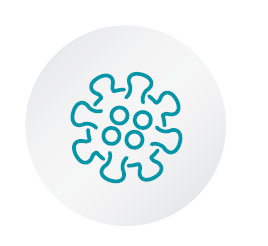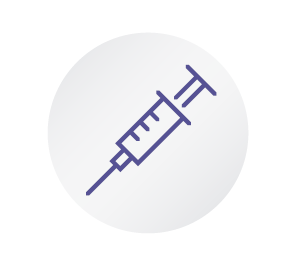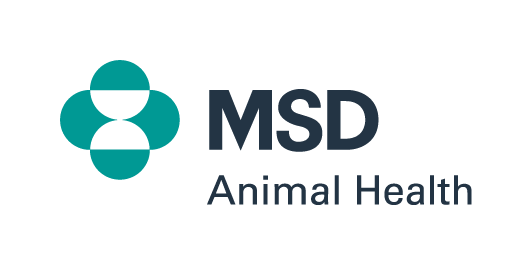VACCINATION SAVES LIVES
Why vaccinate?
Infectious diseases once killed thousands of pets each year. But then we started vaccinating. Vaccination became one of the greatest success stories of veterinary medicine, saving countless lives. The COVID-19 pandemic has served as a reminder about the vital role that vaccination plays in disease control.
DON’T WAIT. VACCINATE.
If it’s been more than 12 months since your pet was vaccinated, contact your vet today
How do vaccines work?
Before getting into the details, it’s useful to understand a little about how our pets’ bodies (and ours) fight disease. Our pets are exposed to lots of germs (bacteria, viruses, parasites and fungi) every day. Most of these are harmless but others, known as pathogens, have the potential to cause harm. When a pathogen does infect our pets, their body’s defences, known as the immune system, kick in to attack and overcome the pathogen.

The immune system
The immune system is incredibly complex, and there are various layers of protection, from non-specific physical defences such as skin to highly effective and targeted responses such as antibodies. The more effective and specific responses take time to develop, so it’s often a race against time for our pet’s bodies to produce antibodies that can fight off the invading pathogen. While the immune system is learning how to fight the pathogen, our pets can become ill. If the immune system wins the battle (thankfully it usually does), the good news is that it can “remember” the specific pathogen, so that if our pet is exposed again, the response will be faster and more effective. And that’s where vaccines come in – they can “train” the immune system to recognise and fight a disease-causing pathogen.

Vaccination
Vaccination confers immunity by exposing the body to a relatively harmless or weakened form of a pathogen. This means that when natural infection does occur, the immune system is able to produce a much faster and stronger response. It is this quick and strong response of a vaccinated animal’s immune system that prevents or reduces the risk of the disease becoming debilitating and spreading to others. There are various ways of altering a pathogen to render it harmless and suitable for use as a vaccine, resulting in different types of vaccine. Regardless of the vaccine type, the weakened version will not cause the disease in the pet receiving the vaccine, but it will prompt their immune system to respond in the same way as it would to the actual pathogen.


